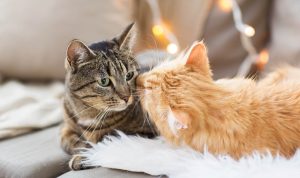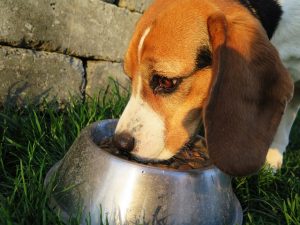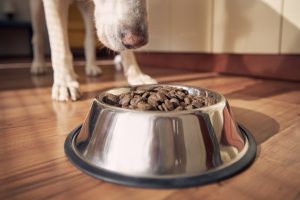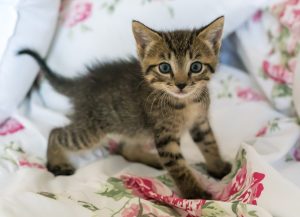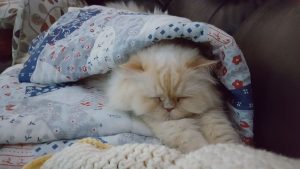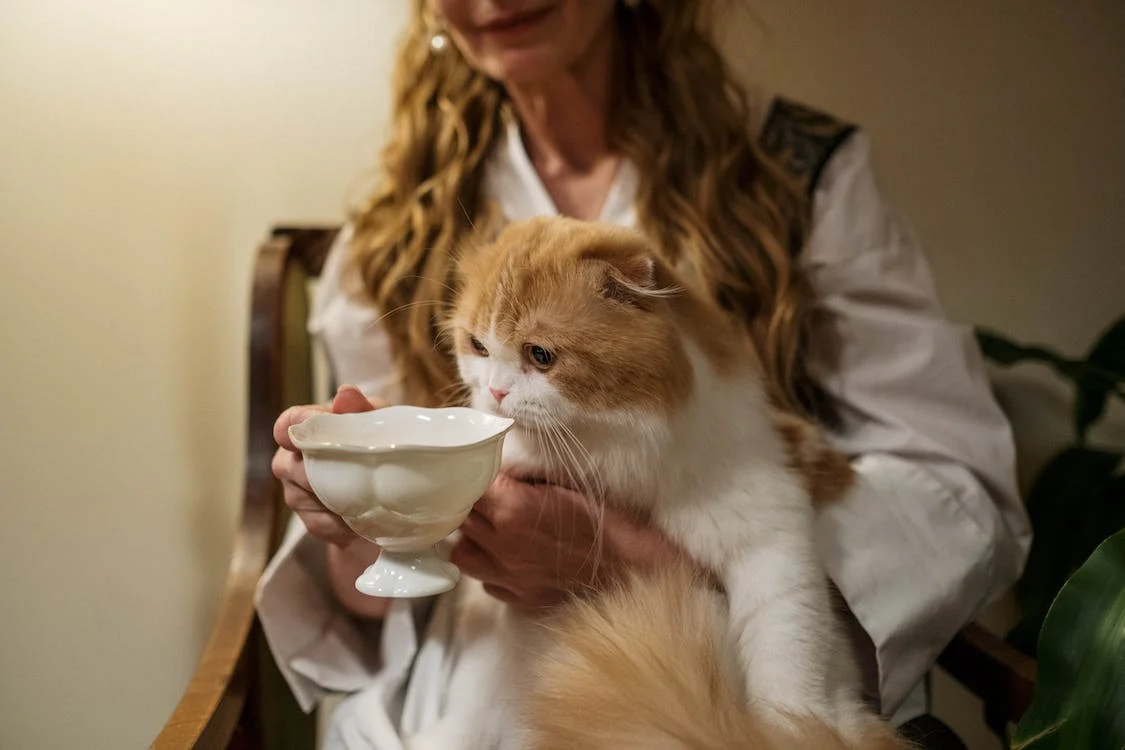
Can a Cat Drink Milk
Cats and milk went hand in hand in the general acceptance of the cat’s nutritional needs in the last century. Today, while cat milk is sold in pet stores, many articles in the press advise against it.
Can a cat drink milk and be healthy?
Drinking milk: allowed for cats?
Milk for kittens
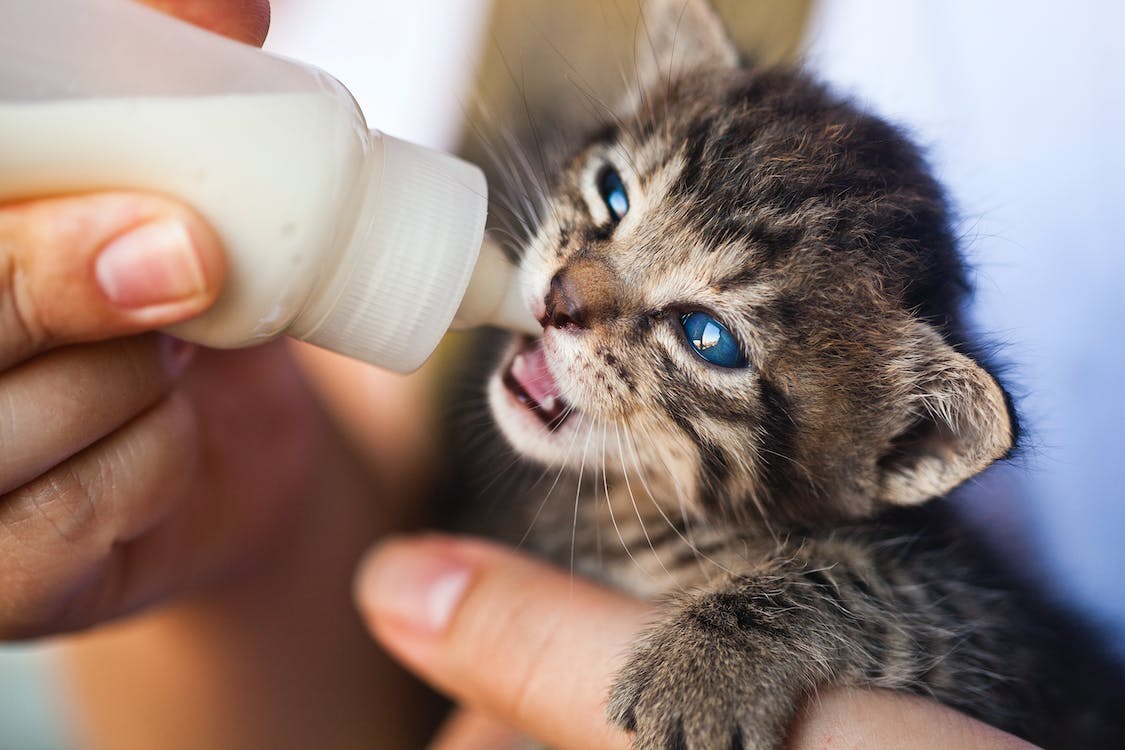
Milk is the maternal food of all baby mammals until weaning. Small mammals are born immature: they have only the sucking reflex to feed and go to the smell of the udder.
The liquid diet allows time for the digestive system to develop bacterial flora and enzymes capable of digesting food that, in the case of cats, strict carnivores, is not chewed but rather crushed and swallowed.
Milk teeth appear around the third week of the kitten’s life, and the permanent teeth grow between the third and fourth month. That’s why weaning is progressive with a mixed milk/solid food diet:
– Kitten weaning depends on the mother’s resources.
– Under optimal conditions, well-fed mothers let their kittens suckle after they have already started feeding on solid food, sometimes for 3 to 5 months after birth.
– In these cases, young cats digest milk well, even containing lactose.
Cat’s milk is rich in protein and lactose, a carbohydrate essential for the kitten’s development. In the past, orphaned kittens were fed cow, sheep, or goat milk with an added egg yolk and a pinch of salt because ruminant milk is too low in protein for a carnivore.
But, today, with the progress in animal nutrition, veterinary laboratories have developed a substitute mother’s milk, rich in proteins, vitamins, and minerals for kittens whose mothers cannot breastfeed.
The kitten must drink between 20 and 30 mL of milk per 100 g of body weight per day in several meals (one meal every 2 to 4 hours) at a temperature varying from 30 to 38°C. The important thing is that his weight increases from day to day. The needs will change as your cat grows, so follow the manufacturer’s recommendations on the package.
Note: the formulas developed for adult cats are unsuitable for feeding an unweaned kitten.
Milk: poison for the cat?
The answer is no. A poison intoxicates the body, which is not the case with milk.
However, if the cat does not digest it, it may be allergic or intolerant to a milk component:
– Lactose: 2/3 of adult cats no longer secrete the enzyme capable of digesting lactose which ferments in the intestine and causes diarrhea.
– Milk proteins: can trigger an allergic reaction with symptoms such as dermatitis (redness, pruritus), ear infections, and diarrhea.
Note: there is no point in cutting the milk with water if your cat is intolerant; it does not reduce the lactose content.
Which milk should I choose for my cat?
If your cat likes milk and digests it well, it can drink whole or skimmed cow’s milk or animal milk daily. It would help to consider the caloric intake since milk is a food, reducing the kibble or wet pouch ratio. You should not exceed 40 mL of milk per day.
Adult cat kinds of milk sold in pet stores have a reduced lactose content, which is a serious advantage for a cat with a low dipstick behavior (drinking). If water is not available, commercial milk can help prevent hydration problems.
The pet cat doesn’t need milk once it becomes an adult because we can feed it with balanced food that you can buy everywhere.
But in countries with no industrial pet food and emerging countries, cats are fed with leftovers from people’s meals and the contributions of their meager hunting. Milk is then an excellent caloric contribution to the diet of domestic cats.
